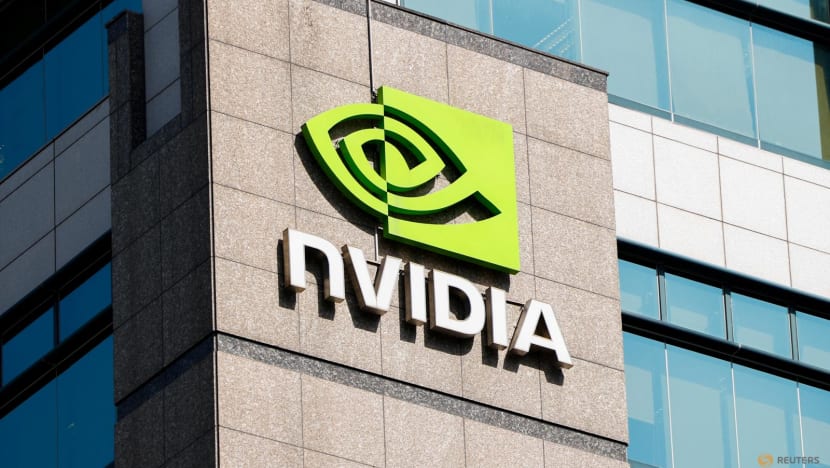PETALING JAYA: Banks’ share prices are expected to continue trading rangebound over the next few months, pending further clarity on the global trade situation, says CIMB Research. Nevertheless, the research house does not believe that the price-to-book valuations of lenders will fall to the Covid-19 lockdown trough levels of 0.3 times to 0.
5 times in the current cycle, as the present situation pertaining to international trade volatility is not likely to be as widespread. This is because, during the lockdown crisis, nearly 70% to 80% of loans were placed under moratorium automatically in the initial phase, before dropping to 30% of the loans on an opt-in basis towards the end of 2020. “At that time, the market likely believed that even if a portion of these loans placed under moratorium were to turn impaired, banks might need to be recapitalised,” the research house said.

CIMB Research said loan relief programmes similar to those offered during the lockdowns may be considered in the current environment. “We believe that the banking industry may consider offering targeted loan relief assistance programmes to exporters and backend suppliers affected by external tariffs, similar to those offered during the 2020 lockdowns,” the research house said. It added that rescheduled and restructured loans during the lockdown period were granted exemption from being classified as impaired loans and continued to be recognised as normal performing loans, unlike the typical practice during a normal economic cycle.
“This measure likely prevented indirect spillover effects on classification of performing loans to impaired loans from judgmental triggers. “For example, a company’s performing loan may be forced to be classified as an impaired loan as a result of judgmental trigger, just because a related company’s loans had been classified as impaired,” the research house said. CIMB Research said this exemption likely helped businesses weather the storm during the lockdown period and could again be beneficial, providing time to adjust to the current external tariff pressures.
On gross impaired loans, the research house said the total stood at RM27.9bil in February 2020, with a corresponding gross impaired loans ratio of 1.57%.
By December 2020, gross impaired loans had only inched up slightly to RM28.6bil, while the gross impaired loans ratio edged down to 1.56%, supported by ongoing relief programmes.
“Gross impaired loans continued trending upwards through 2021 to 2022, peaking at RM36.8bil, with gross impaired loans ratio reaching 1.82% in November 2022.
This was most likely when the last of the relief assistance programmes had matured. “In our view, overall, the relief programmes helped to stem further escalation in impaired loans. “As mentioned in our earlier reports, credit costs peaked at 79 basis points (bps) during the lockdowns in 2020,” CIMB Research said.
It said its target prices (TPs) have factored in softer loan growth expectations, a single rate cut, and a preliminary credit cost estimate of 37 bps. The research house has maintained its “neutral” sector rating, while retaining “buy” calls on Alliance Bank Malaysia Bhd with a TP of RM4.80, Public Bank Bhd (TP: RM5.
10) and RHB Bank Bhd (TP: RM7.50), respectively. These banks are favoured for their attractive dividend yields at current levels.
The key upside risks include lower- than-expected credit costs, higher net interest margins and bond gains boosting non-interest income. The key downside risks include higher-than-expected cost of funds, outflow of liquidity and worse-than-expected asset quality..
Business

Banks to stay rangebound pending trade clarity

PETALING JAYA: Banks' share prices are expected to continue trading rangebound over the next few months, pending further clarity on the global trade situation, says CIMB Research. Read full story















